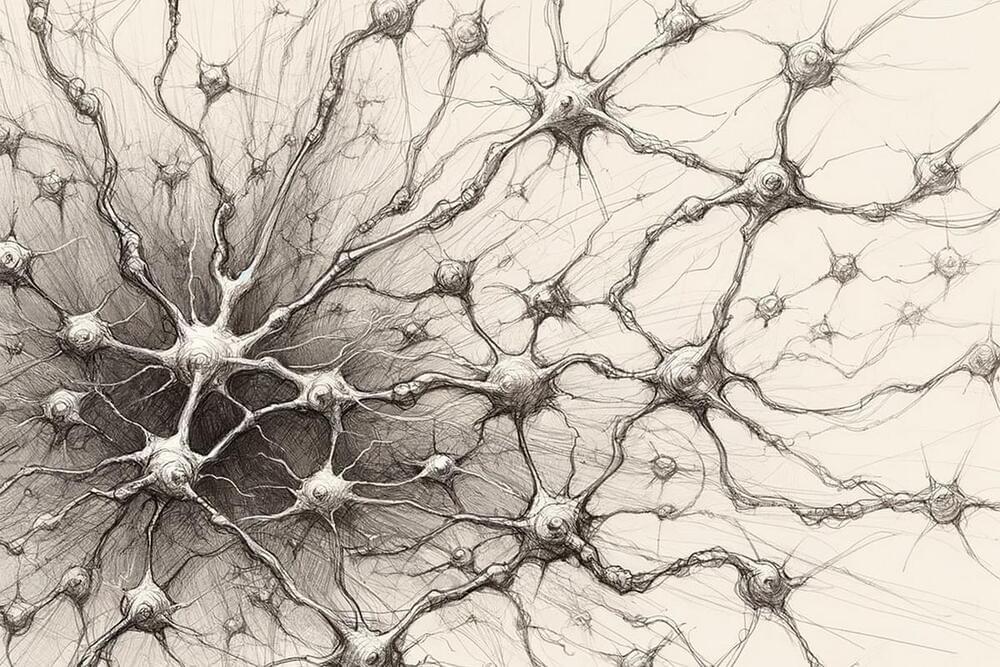Consciousness is one of the most mysterious and fascinating aspects of human existence. It is also one of the most challenging to study scientifically, as it involves subjective experiences that are not directly observable or measurable. David Chalmers, a professor of philosophy and neural science at NYU mentions in his book The Conscious Mind.
“It may be the largest outstanding obstacle in our quest for a scientific understanding of the universe.”
The real questions are: how can we approach the problem of consciousness from a rigorous and objective perspective? Is there a way to quantify and model the phenomena of awareness, feelings, thoughts, and selfhood? There is no definitive answer to this question, but some researchers have attempted to use mathematical tools and methods to study these phenomena. Self-awareness, for instance, is the ability to perceive and understand the things that make you who you are as an individual, such as your personality, actions, values, beliefs, and even thoughts. Some studies have used the mirror test to assess the development of self-awareness in infants and animals.
